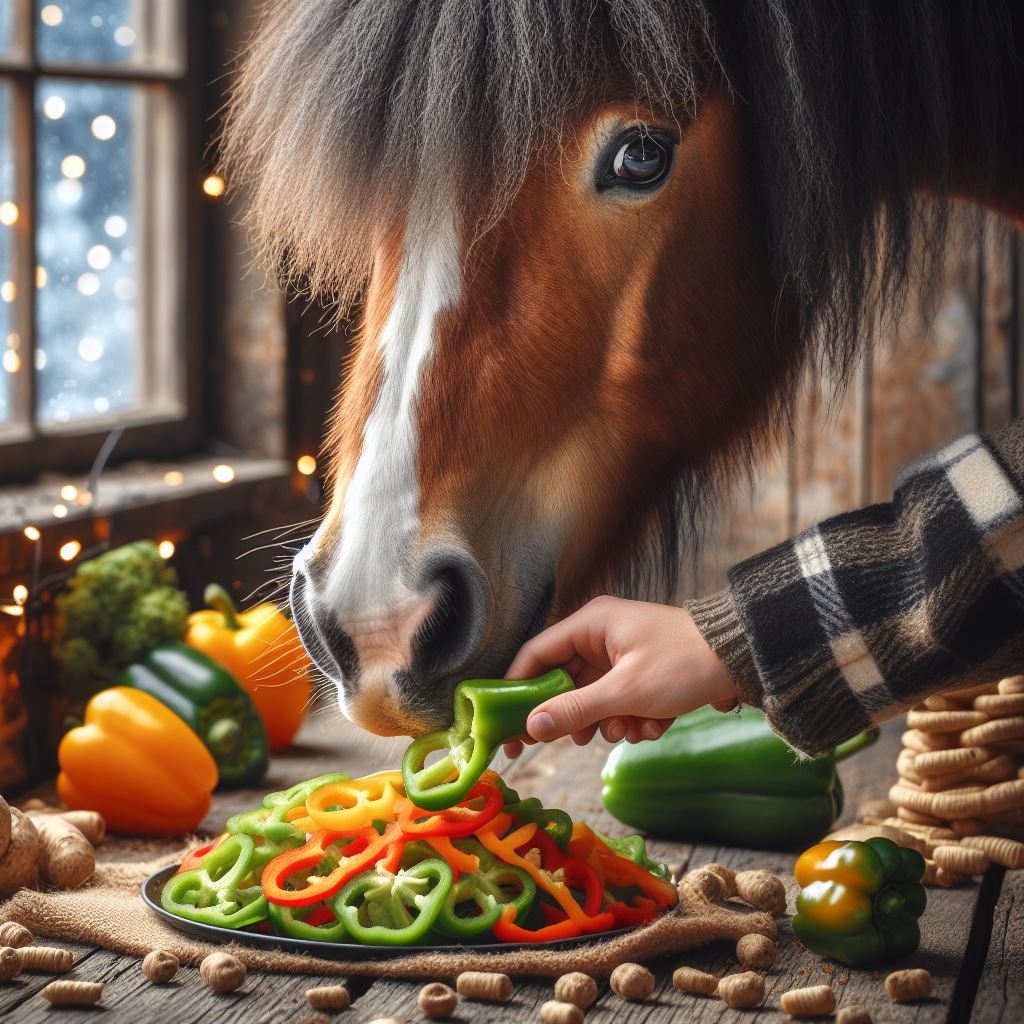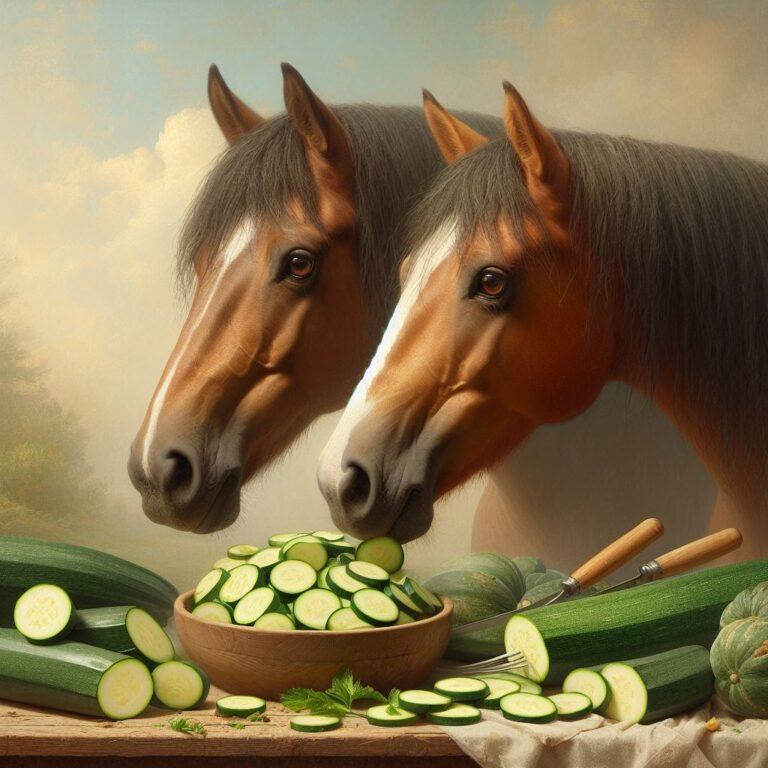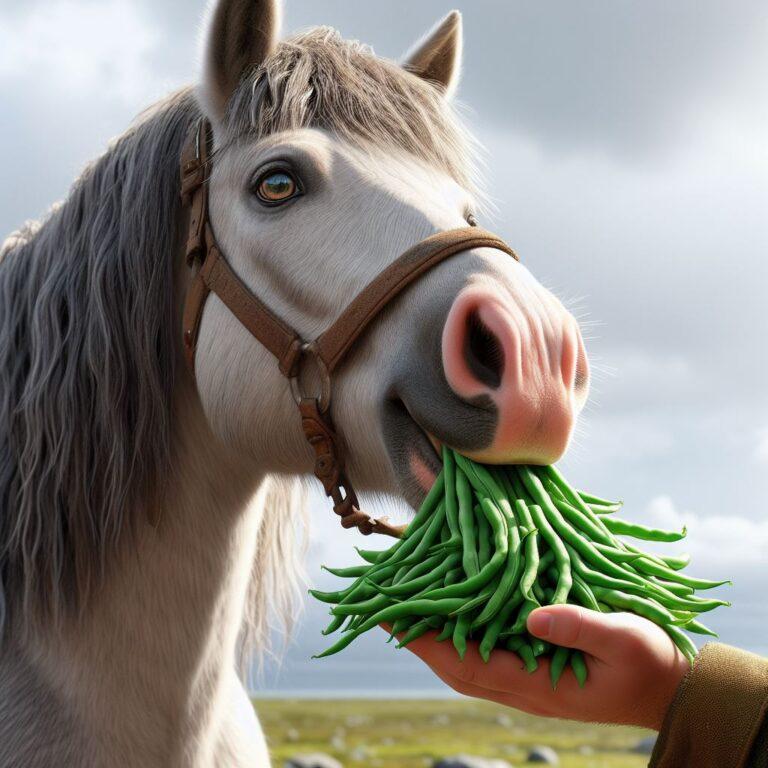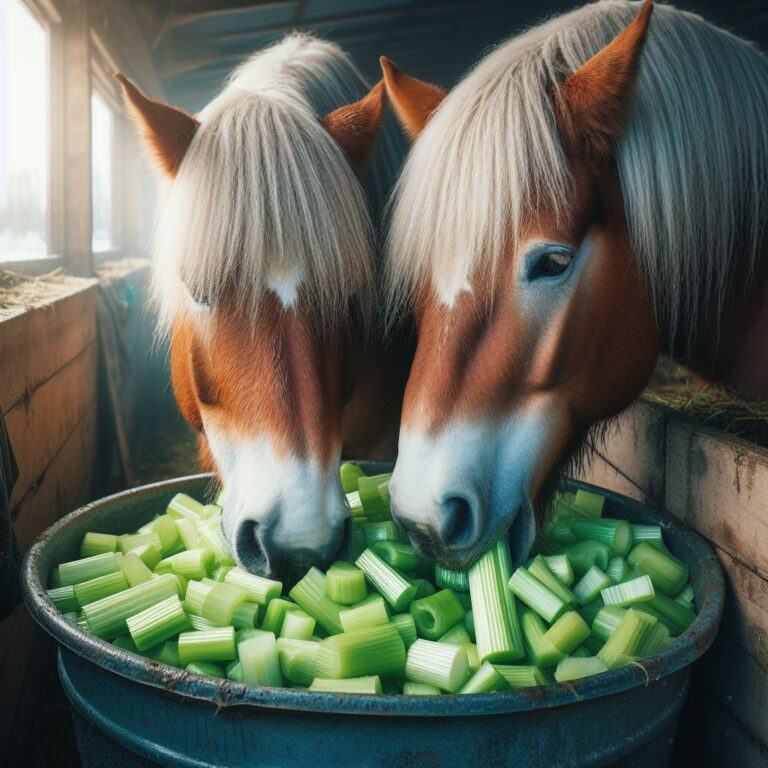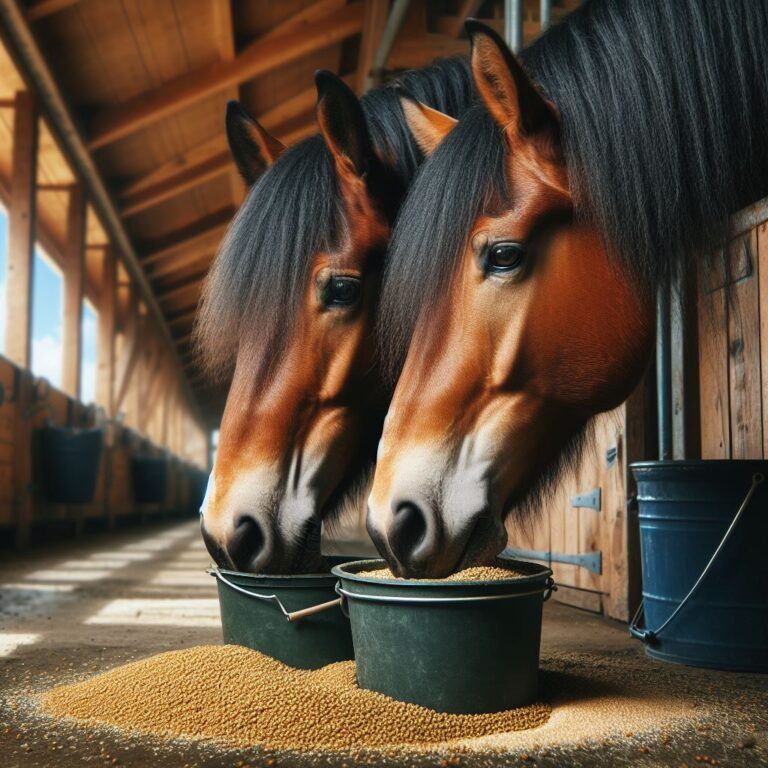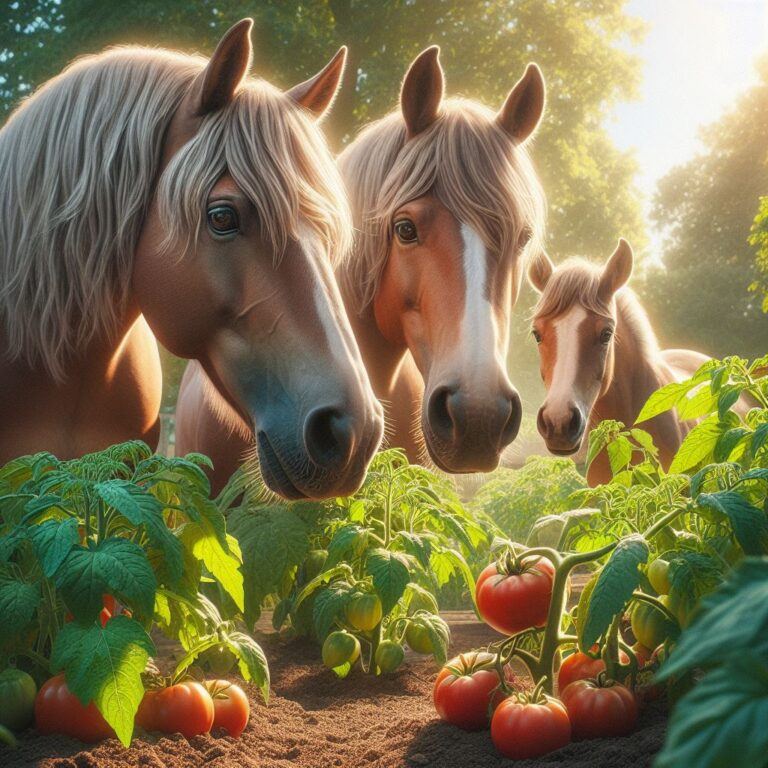Can Horses Safely Eat Bell Peppers
Yes, horses can safely enjoy bell peppers as a nutritious snack. These vegetables are not only non-toxic to horses but also provide a good dose of vitamins A and C, essential for maintaining a healthy immune system and promoting skin and coat health.
When considering the dietary needs of horses, variety is beneficial, and bell peppers can add a welcome change.
They’re low in sugar and calories, making them an excellent treat option, especially for horses that are overweight or those that have metabolic issues.
It’s always important to introduce any new food into a horse’s diet gradually and in moderation. Bell peppers should be served as a treat and not as a staple of the diet, and owners should always remove the seeds and stems to prevent any potential choking hazards.
With the basics in mind, it’s crucial to examine how bell peppers and similar healthy snacks fit into the bigger picture of a horse’s overall diet.
This understanding will help ensure your horse benefits from a well-rounded nutritional plan.
Where Do Bell Peppers Fit In When it Comes to a Horses Diet
Horses thrive on a diet that mimics what they would eat in the wild. While their primary food source is fresh grass, hay and forage, the inclusion of fruits and vegetables can complement their nutrition.
You might wonder what benefits bell peppers can provide your horse when introduced properly. Packed with vitamins A, C, and E, along with being low in sugar, they can make for a nutritious snack.
However, balance is key, too much of any additive, even bell peppers, can disrupt their digestive system.
Different from commercial treats, bell peppers don’t come with additives or preservatives. This means you can offer a piece of red, green, or yellow bell pepper without worrying about extra sugars or chemicals.
Yet, it’s imperative not to replace a significant portion of their diet with any fruit or vegetable.
If you’ve considered bell peppers as a supplement, remember to introduce them slowly. Monitor your horse for any adverse reactions, such as changes in behavior or digestion, which could signify that bell peppers might not be a suitable treat for your particular horse.
By respecting the eating habits of horses and the role that fruits and vegetables play, you set the stage for a diet that’s both nutritious and palatable.
Bell peppers can be an excellent addition, offering both variety and vital nutrients when given in moderation.
But please remember that our horses should always be fed fresh hay and pasture grass as te bulk of their diets.
Serving Bell Peppers to Our Horse
Introducing bell peppers to our horse’s diet should be done with care. I always tart with SMALL PIECES to monitor for any adverse reactions, like allergic responses or digestive issues.
When preparing bell peppers, I also ALWAYS REMOVE the seeds and stem. These parts are not horse-friendly and can cause choking or gastrointestinal discomfort.
Mix bell peppers with your horse’s regular feed to make the new food less intimidating. A familiar context encourages acceptance.
As for quantity, moderation is KEY. Bell peppers should be a treat, not a staple. Limit the amount to a few slices per week unless advised otherwise by a professional.
Regular observation after feeding new treats to your horse is essential. Watch for any changes in behavior or bowel movements that might indicate a problem.
Seeking guidance from a veterinarian or a horse nutrition specialist is always advisable. They can provide tailored advice taking into account your horse’s unique health profile.
Is your horse enjoying those crunchy, colorful slices? Great! Remember, a diverse diet under professional guidance can contribute to a contented and healthy equine companion.

